In the world of trucks, toughness is the name of the game. Diesel trucks have long been the go-to for power and durability, but electric trucks are making a bold entrance. So, which is really tougher?
1. Power and Torque
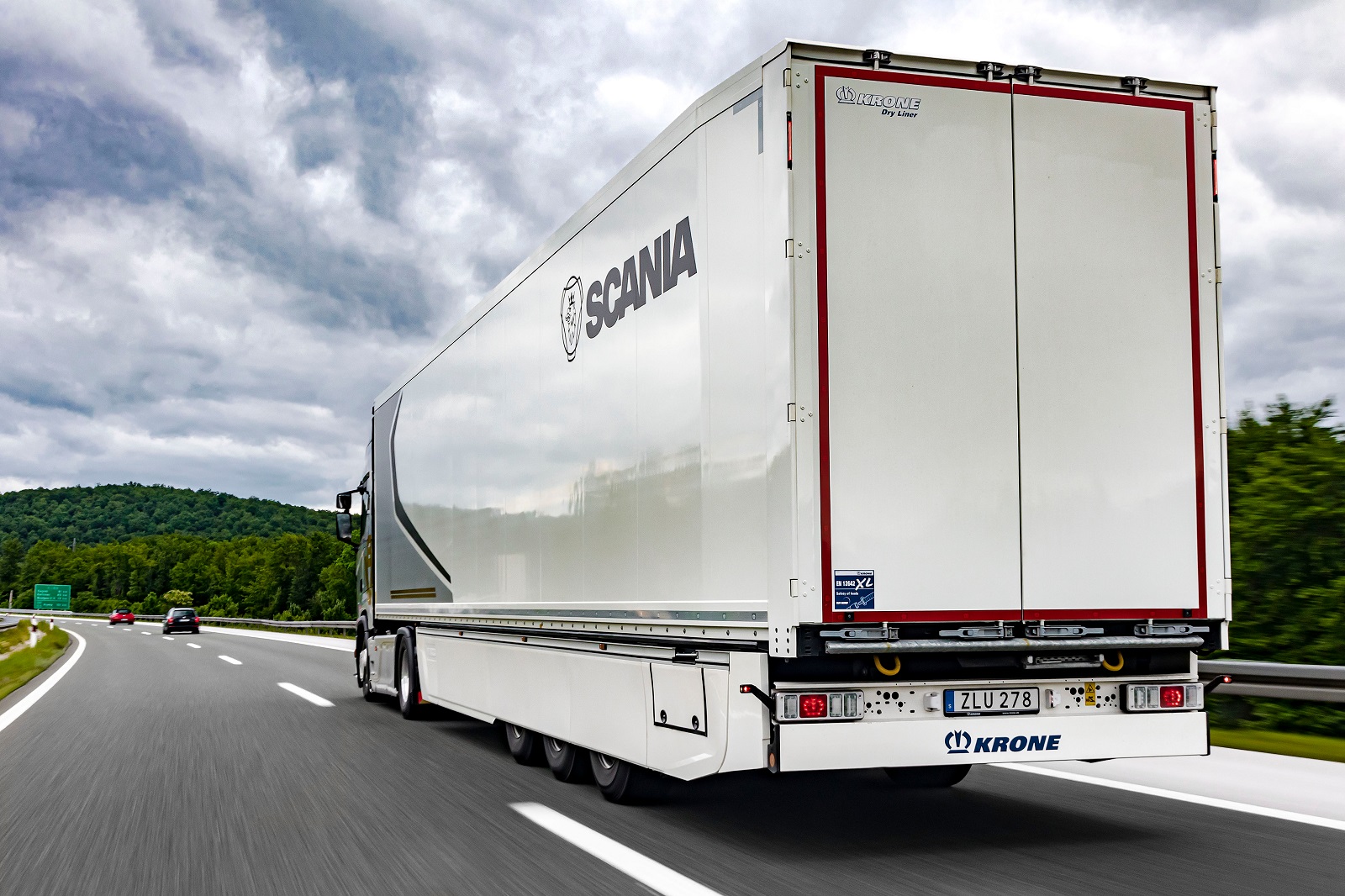
Image Credit: Shutterstock / supergenijalac
Diesel trucks are renowned for their high torque, especially at low RPMs. Electric trucks, like the Rivian R1T and the Tesla Cybertruck, offer instant torque from a standstill, changing the game for acceleration and pulling power.
2. Towing Capacity

Image Credit: Shutterstock / Vitpho
Diesel trucks typically excel in towing capacity, with models like the Ram 3500 towing up to 37,100 pounds. Electric trucks are catching up, with the Tesla Cybertruck boasting a towing capacity of up to 14,000 pounds.
3. Range and Refueling

Image Credit: Shutterstock / Andrey Tirakhov
Diesel trucks have the advantage of long-range capabilities and quick refueling times, often exceeding 600 miles on a full tank. Electric trucks are improving, with the Rivian R1T offering up to 314 miles per charge, but charging can still take longer.
4. Durability and Maintenance

Image Credit: Shutterstock / Scharfsinn
Diesel engines are known for their durability and longevity but require regular upkeep and can be costly to maintain. Electric trucks have fewer moving parts, potentially leading to less maintenance and longer-term reliability.
5. Environmental Impact
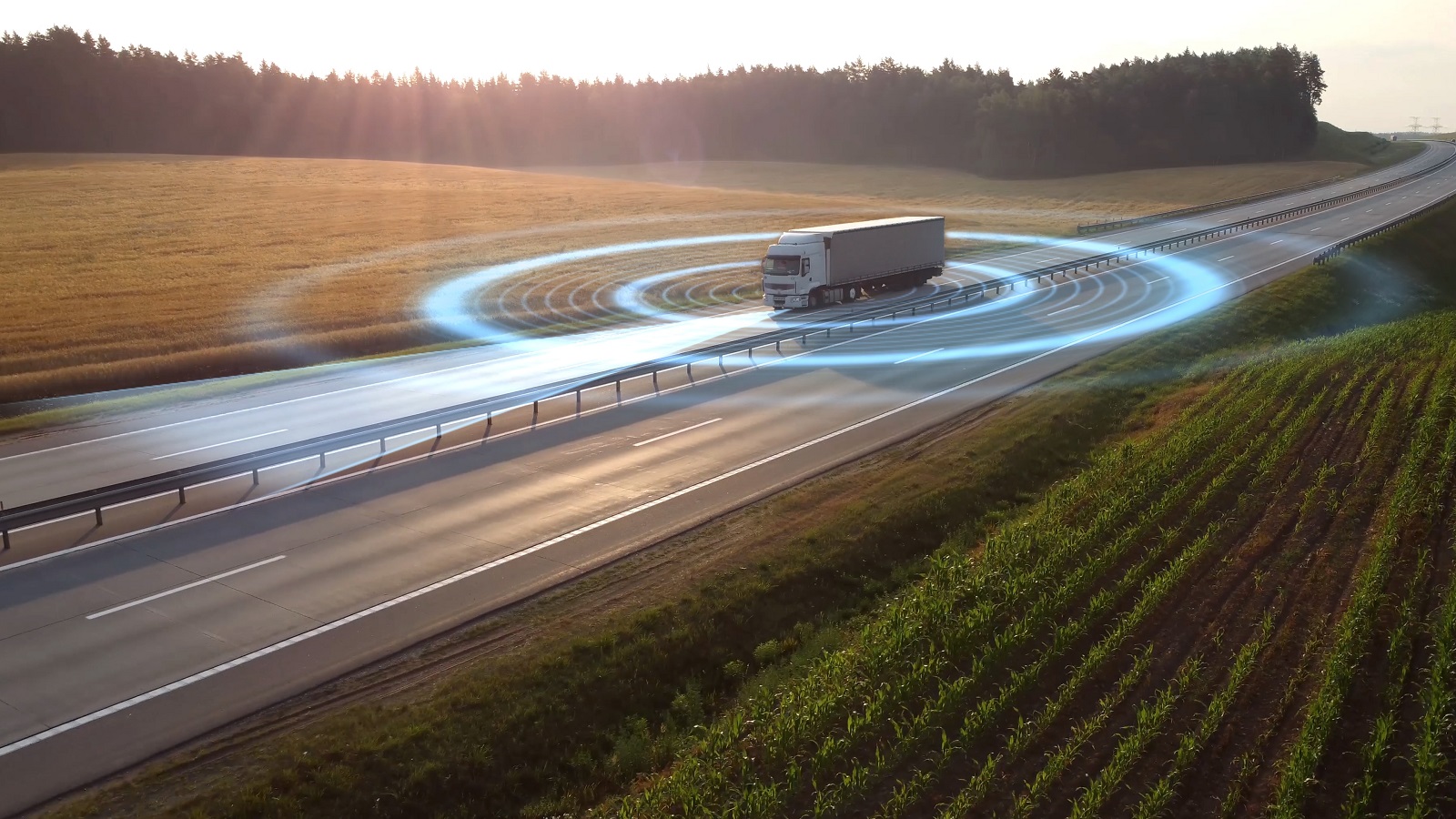
Image Credit: Shutterstock / AlinStock
Diesel trucks are notorious for their emissions, contributing significantly to air pollution. Electric trucks produce zero tailpipe emissions and generally offer a greener alternative, depending on how their electricity is generated.
6. Performance in Extreme Conditions

Image Credit: Shutterstock / Roman Babakin
Diesel trucks perform well in extreme conditions but can struggle with cold weather due to fuel gelling. Electric trucks excel in cold weather but can have reduced battery performance in extreme temperatures.
7. Cost
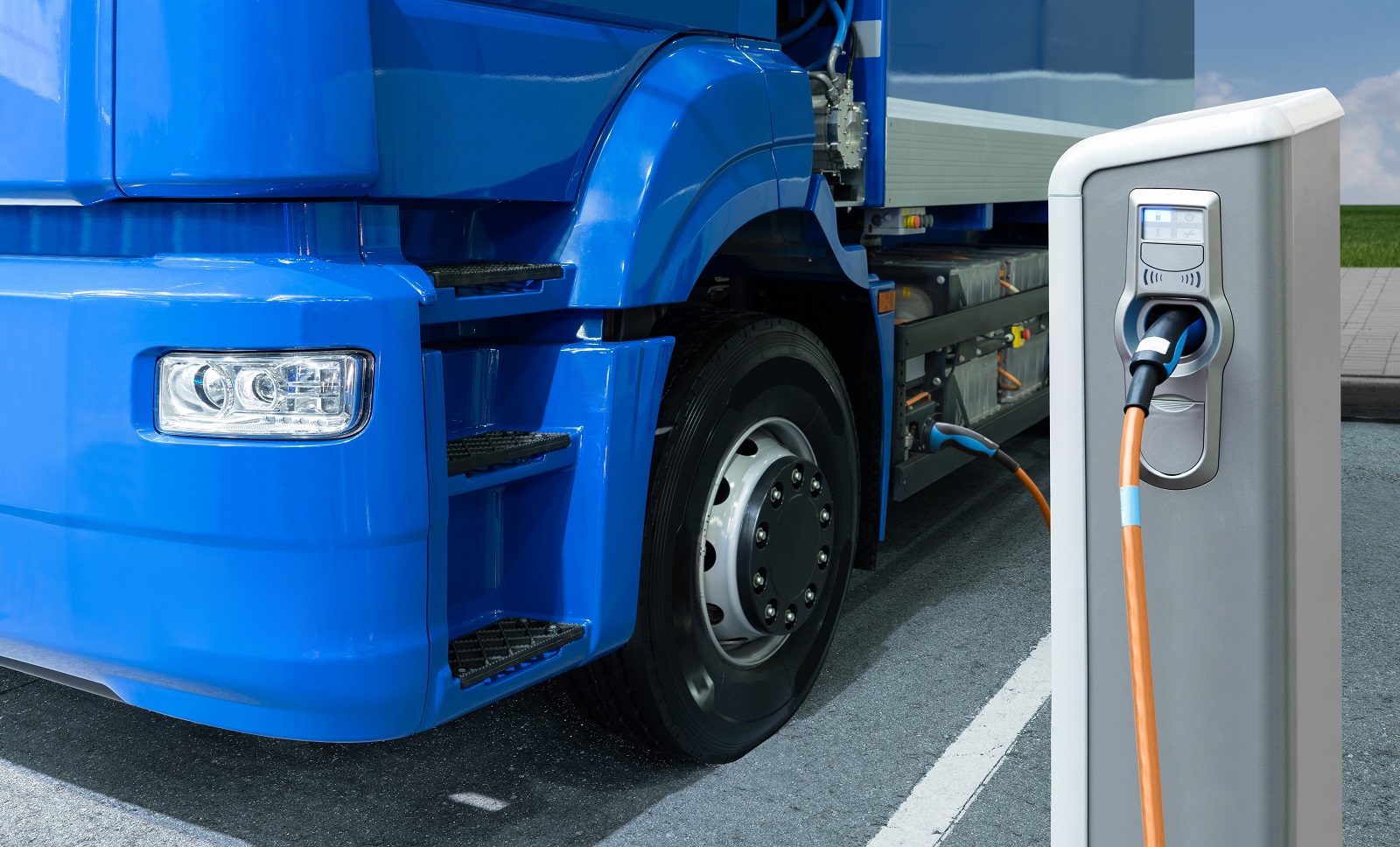
Image Credit: Shutterstock / Scharfsinn
Diesel trucks often have a higher upfront cost but can be more economical over time due to better fuel efficiency. Electric trucks generally have a higher initial cost but lower operating costs, with cheaper charging and lower maintenance expenses.
8. Load Capacity

Image Credit: Shutterstock / Vitpho
Diesel trucks are built for heavy-duty work, often exceeding 7,000 pounds in load capacity. Electric trucks like the Rivian R1T and Ford F-150 Lightning are quickly catching up, though they still trail slightly behind diesel models.
9. Noise Levels
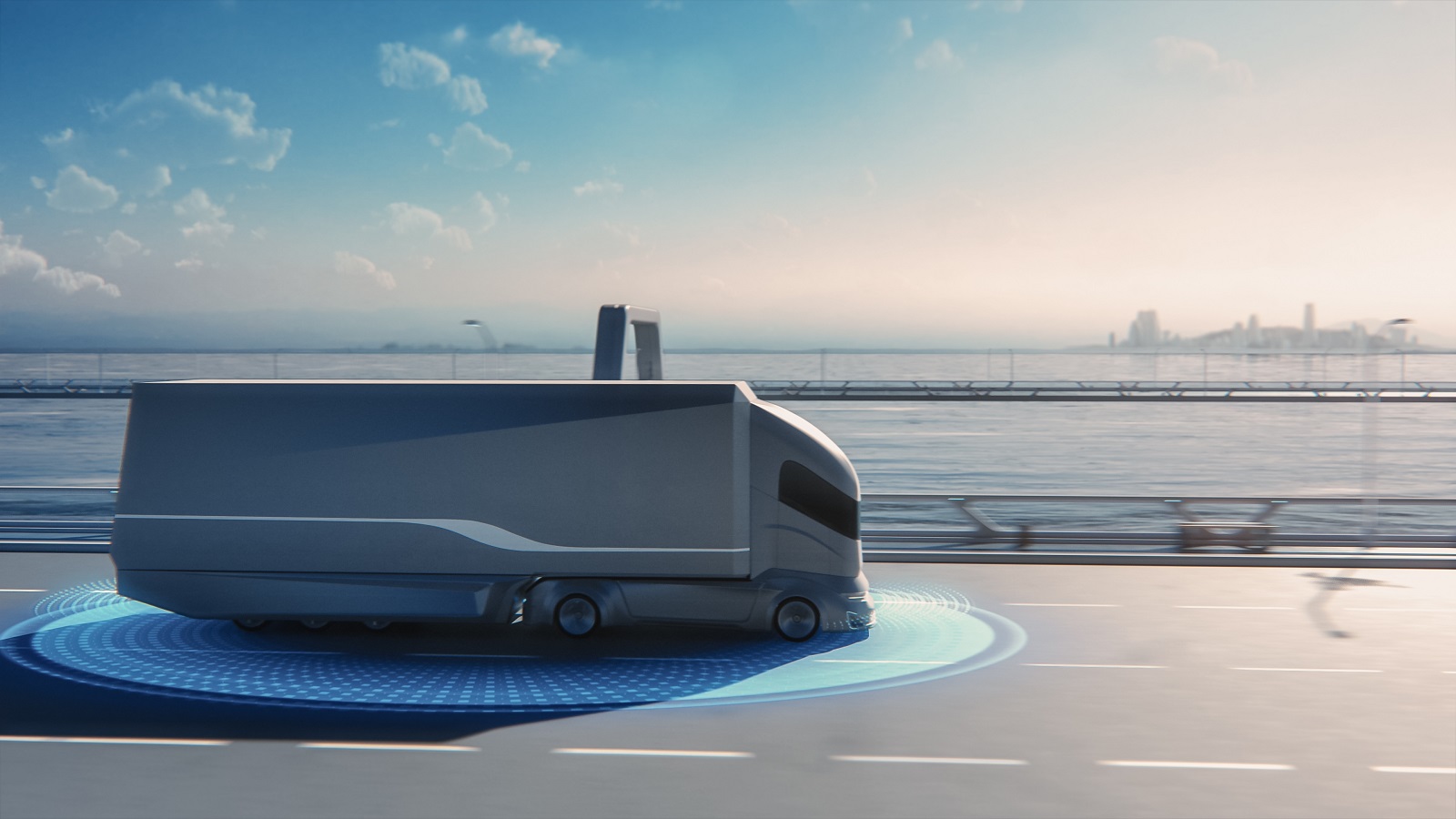
Image Credit: Shutterstock /
Gorodenkoff
Diesel engines are loud and can be a nuisance in residential areas. Electric trucks are virtually silent, providing a smoother and quieter ride, which can be a significant advantage.
10. Availability and Infrastructure
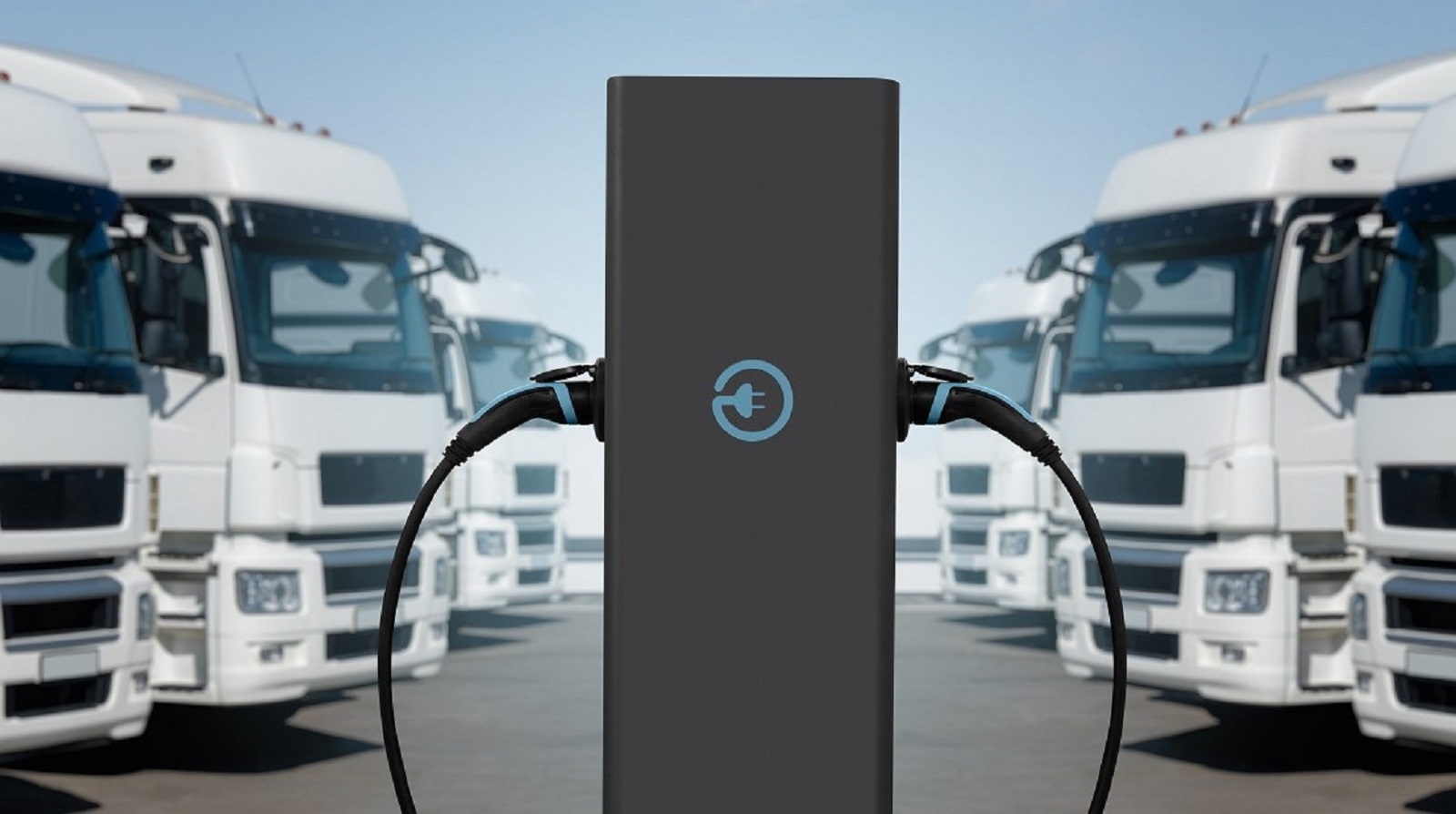
Image Credit: Shutterstock / Scharfsinn
Diesel refueling stations are widely available, especially in rural and industrial areas. Charging infrastructure for electric trucks is growing but still lags behind traditional refueling options, especially in rural areas.
11. Resale Value
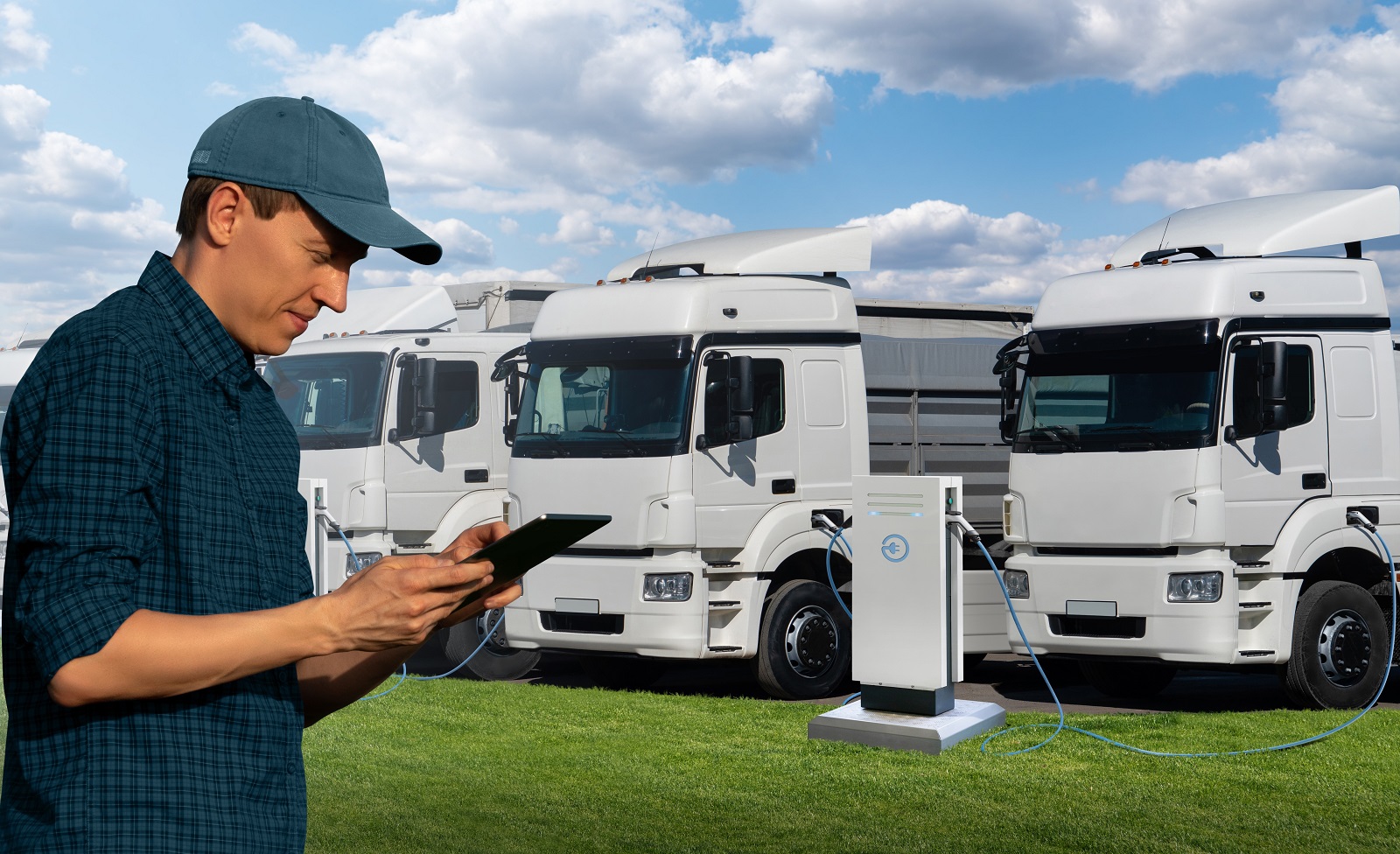
Image Credit: Shutterstock / Scharfsinn
Diesel trucks tend to hold their value well due to their durability and long lifespan. The resale value of electric trucks is still being established, but early signs are promising, especially for brands like Tesla.
12. Government Regulations

Image Credit: Shutterstock /
Diesel vehicles are increasingly subject to stricter emissions regulations, leading to higher costs and more complex technology. Electric vehicles benefit from government incentives, including tax rebates and preferred parking.
13. Off-Road Capability
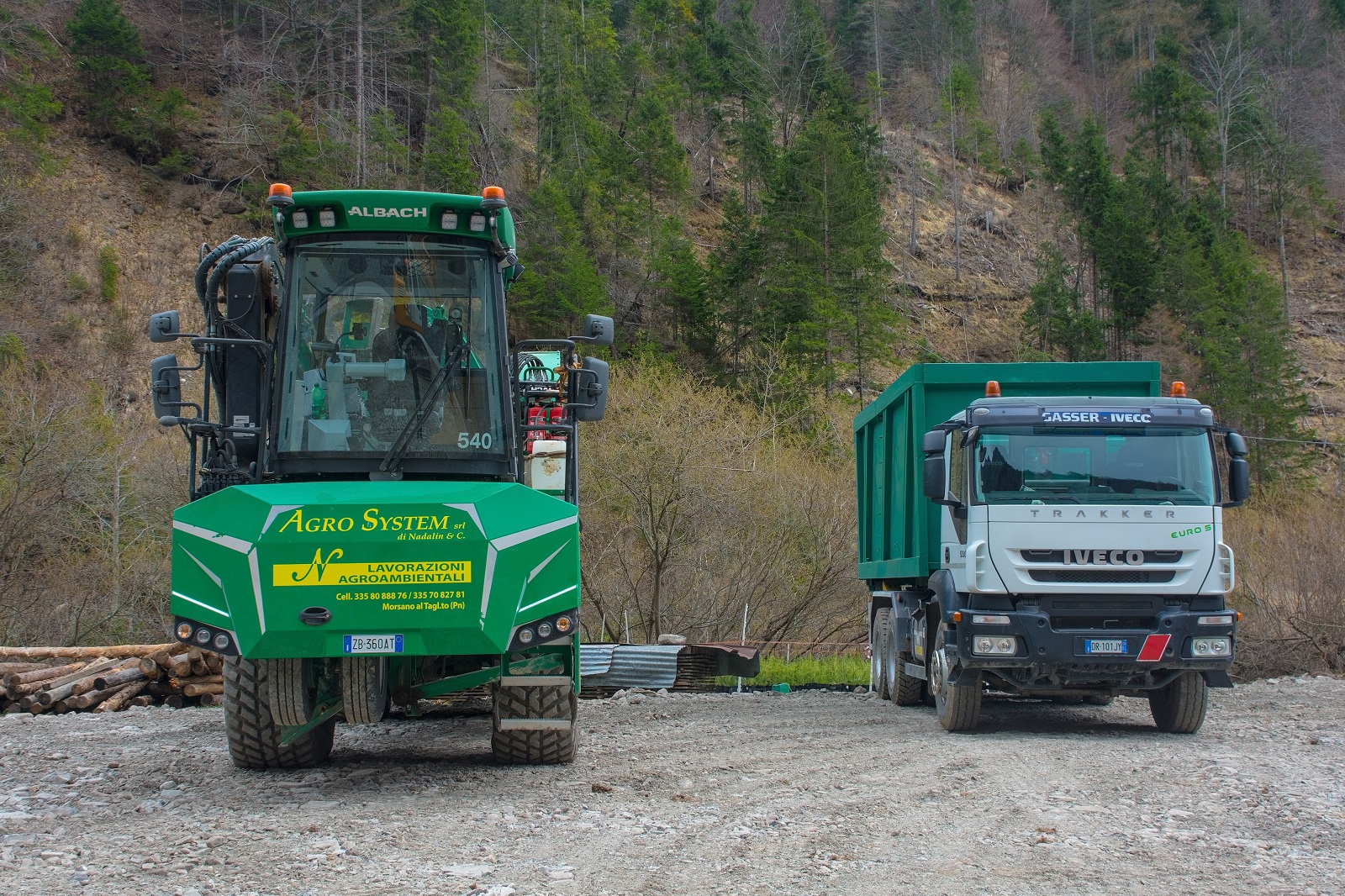
Image Credit: Shutterstock / Dragoncello
Diesel trucks are built for off-road toughness, with heavy-duty construction and torque ideal for rugged terrain. Electric trucks like the Rivian R1T also offer impressive off-road capabilities with features like adjustable air suspension.
14. Innovation and Technology
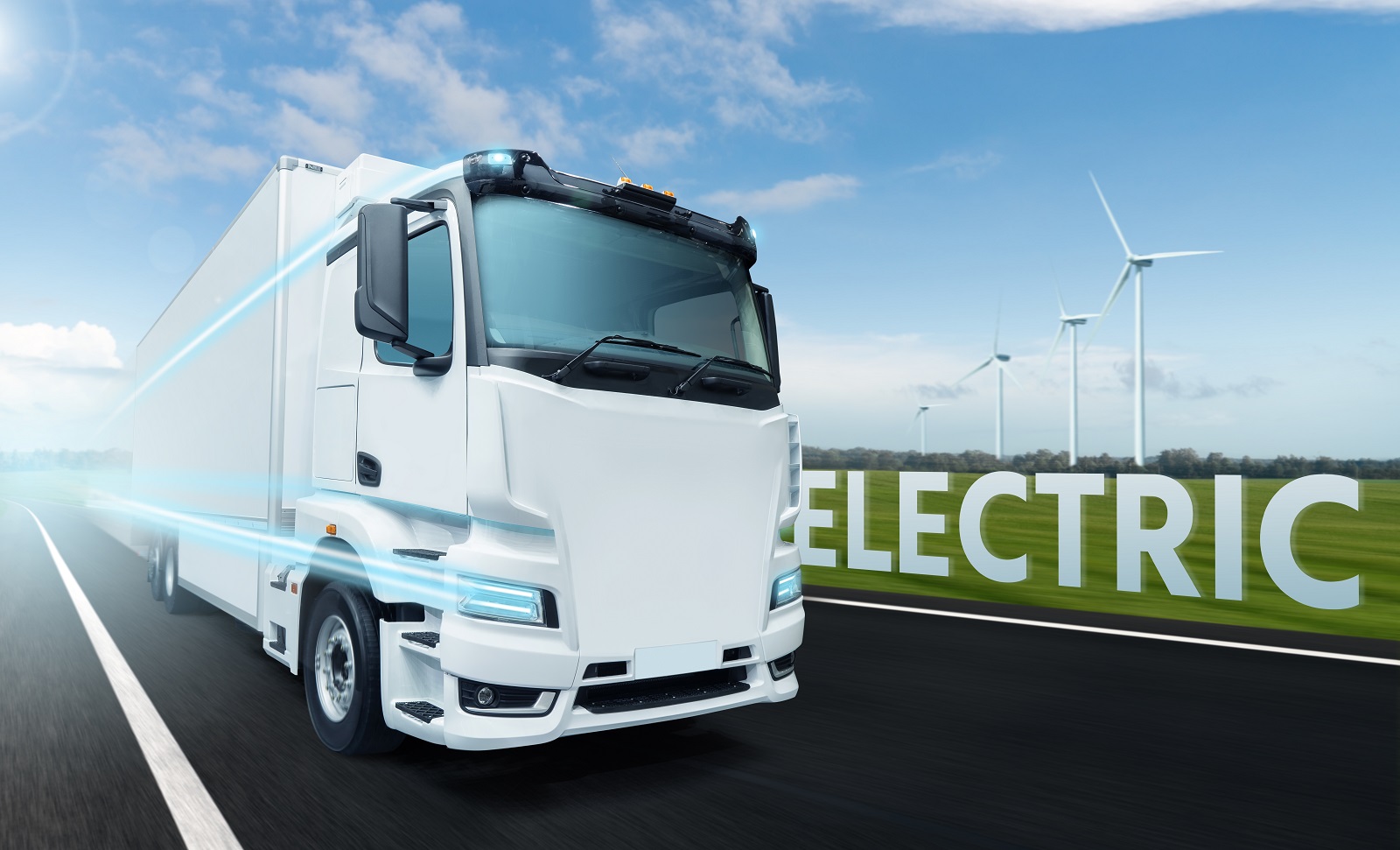
Image Credit: Shutterstock / Scharfsinn
While diesel technology continues to improve incrementally, electric trucks are at the forefront of automotive innovation. Features like autonomous driving, over-the-air updates, and advanced connectivity are common in electric models.
15. Reliability

Image Credit: Shutterstock / Virrage Images
Diesel engines have a proven track record of reliability in heavy-duty applications. Electric trucks are newer, but their simplicity suggests strong potential for reliability, though long-term data is still emerging.
16. Fuel Efficiency
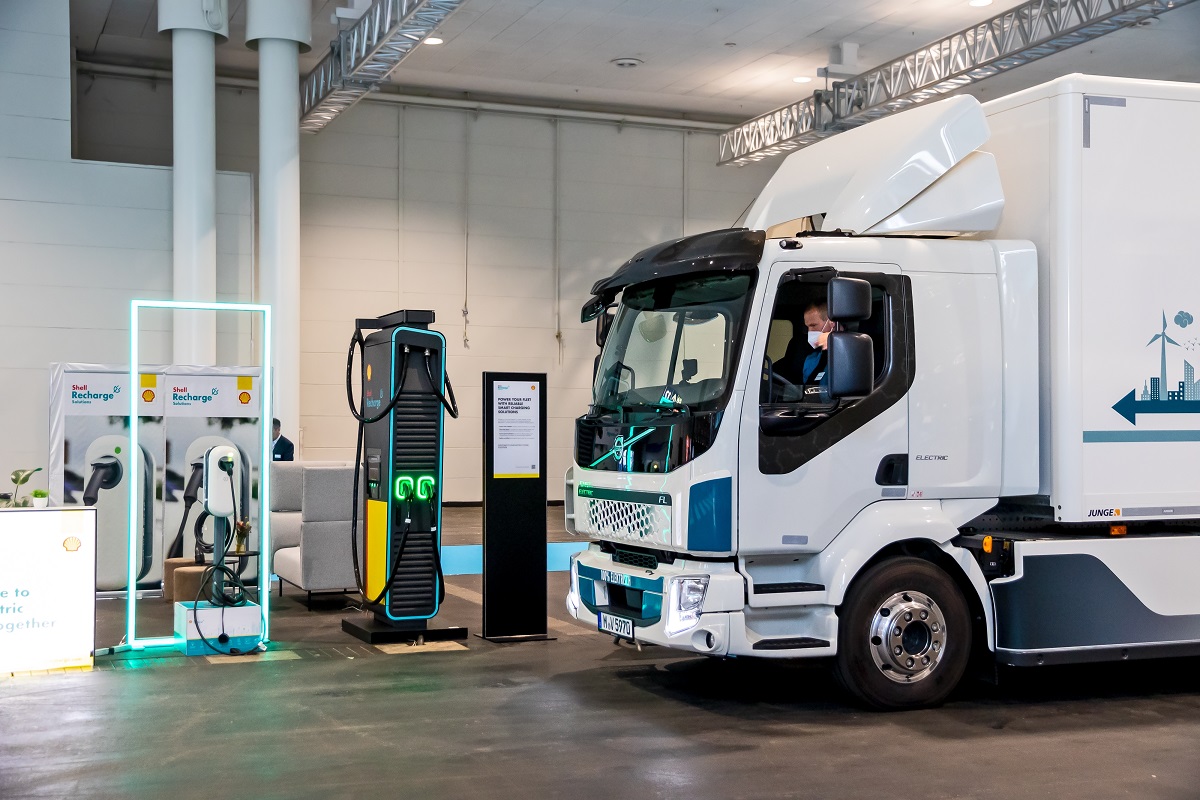
Image Credit: Shutterstock / VanderWolf Images
Diesel engines are more fuel-efficient than gasoline counterparts, making them a cost-effective choice for heavy-duty use. Electric trucks offer excellent energy efficiency, converting a higher percentage of energy into movement.
17. Driving Experience

Image Credit: Shutterstock / Vitpho
Diesel trucks provide a familiar driving experience with powerful engines and a robust feel. Electric trucks offer instant torque and a smoother ride, with a lower center of gravity improving handling.
18. Future Prospects
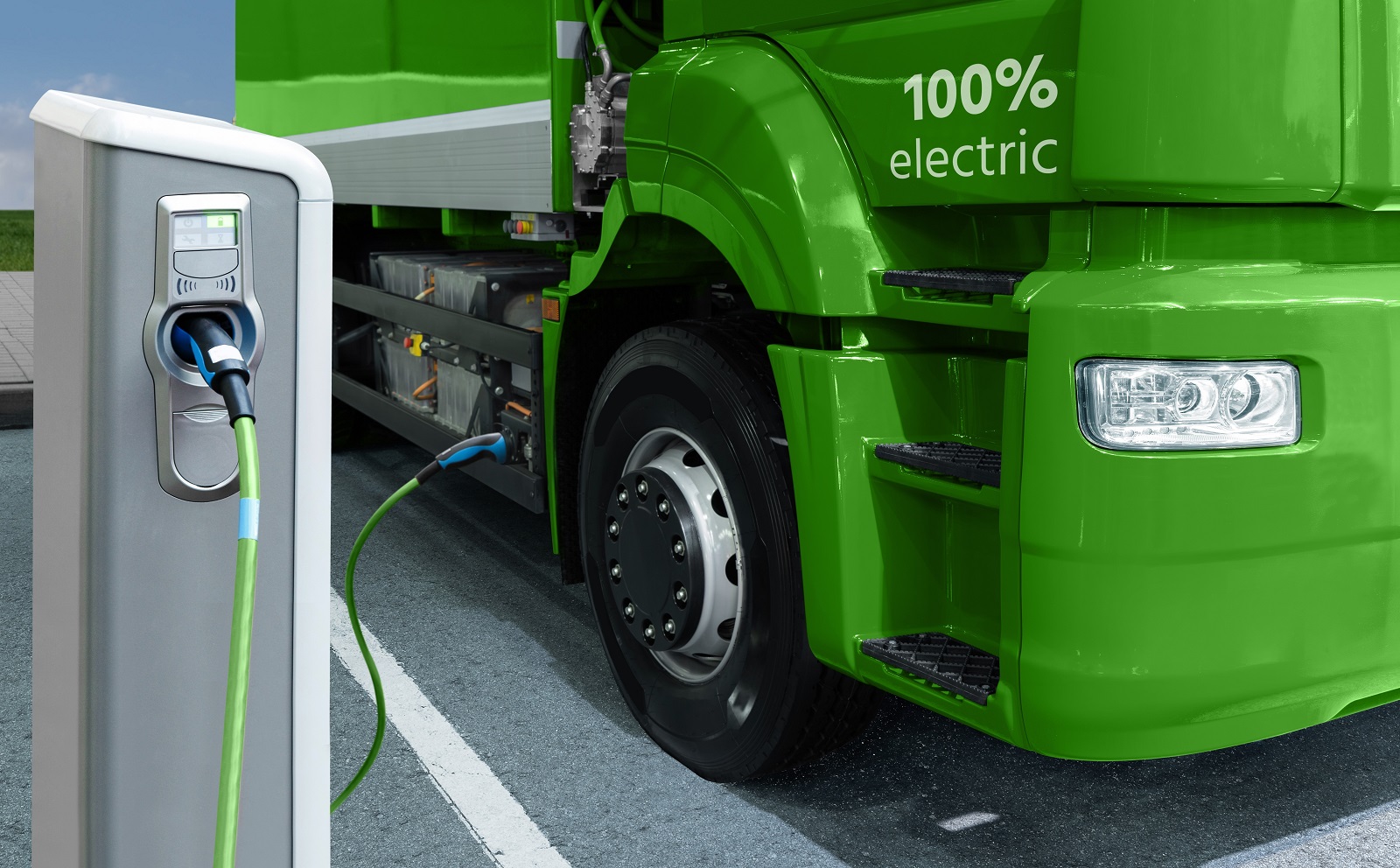
Image Credit: Shutterstock / Scharfsinn
Diesel technology faces increasing pressure from environmental regulations and market preferences. Electric trucks represent the future of the automotive industry, with continuous advancements and improving infrastructure.
The Final Verdict
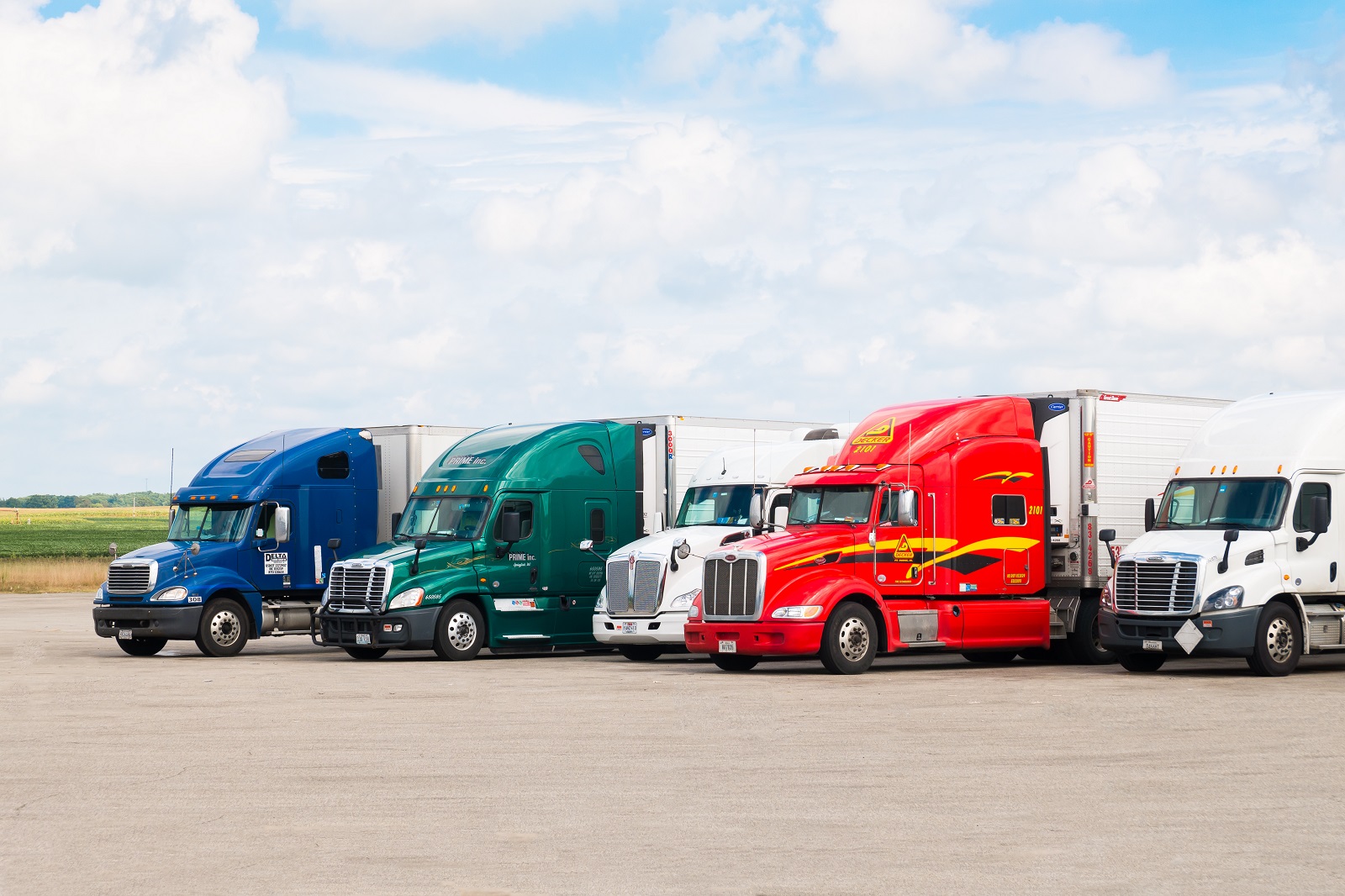
Image Credit: Shutterstock / Bitkiz
In the standoff between diesel and electric trucks, it’s clear that both have their strengths and weaknesses. The choice ultimately depends on your specific needs and values, but one thing is certain: the future of trucks is evolving, and it’s an exciting time to be a part of it.
2024’s Most Anticipated Car Releases: What’s Coming Soon

Image Credit: Shutterstock / canadianPhotographer56
If you love cars, 2024 is shaping up to be an exciting year. New models are rolling out with more power, better tech, and some fresh designs that could change the game. Here’s the scoop on the top cars hitting the streets soon. 2024’s Most Anticipated Car Releases: What’s Coming Soon
21 Mods That Make Your Car Illegal

Image Credit: Shutterstock / macondo
Car modifications can enhance style and performance, but not all modifications are legal. Here are 21 illegal car modifications that can get you in trouble with the law across various states. 21 Mods That Make Your Car Illegal
10 American Classic Cars That Define a Generation
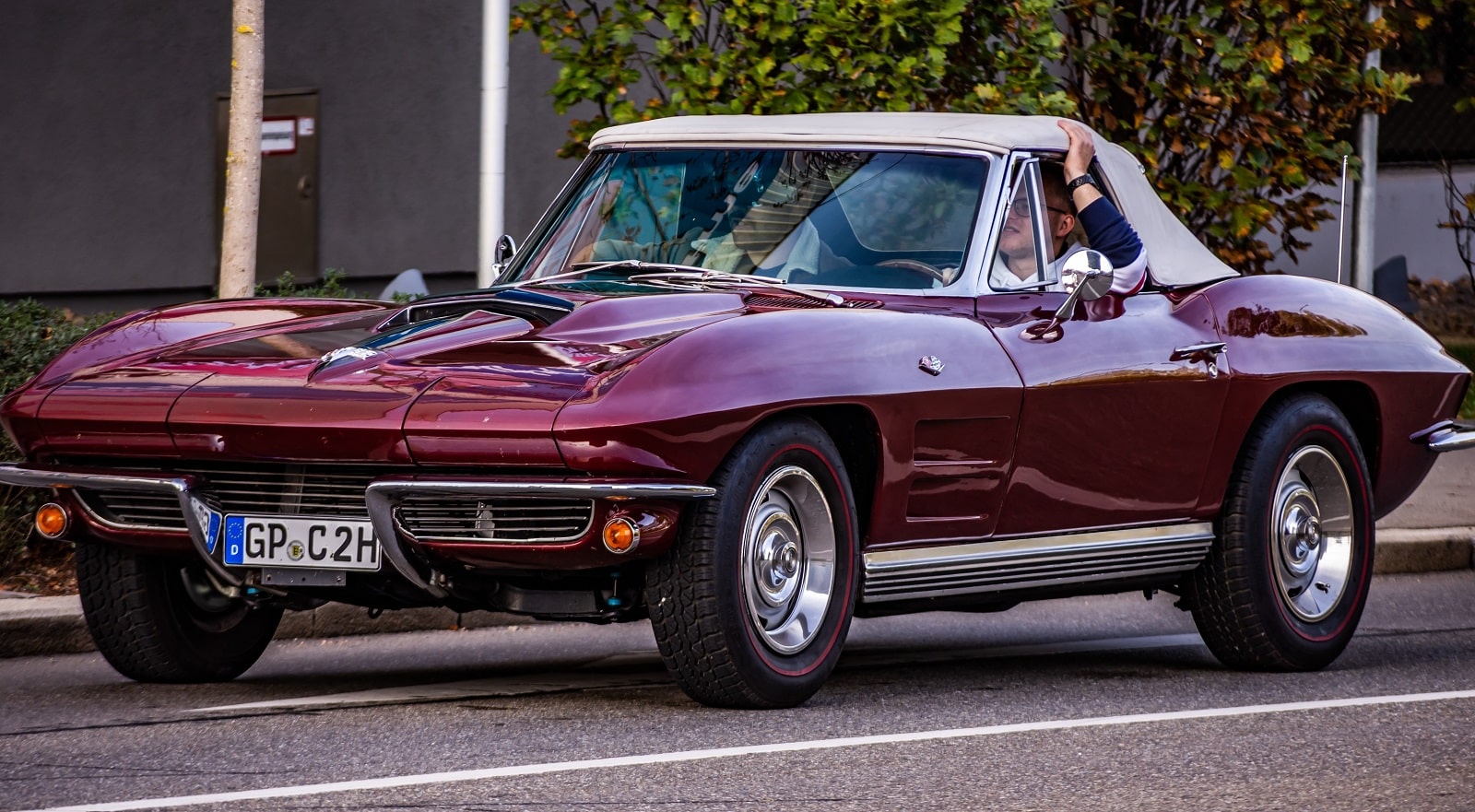
Image Credit: Shutterstock / Krisz12Photo
American classic cars are symbols of their eras, each telling a story of its time and capturing the essence of car culture. Here are ten classics that defined generations. 10 American Classic Cars That Define a Generation
Featured Image Credit: Shutterstock / Andrey Tirakhov.
For transparency, this content was partly developed with AI assistance and carefully curated by an experienced editor to be informative and ensure accuracy.



